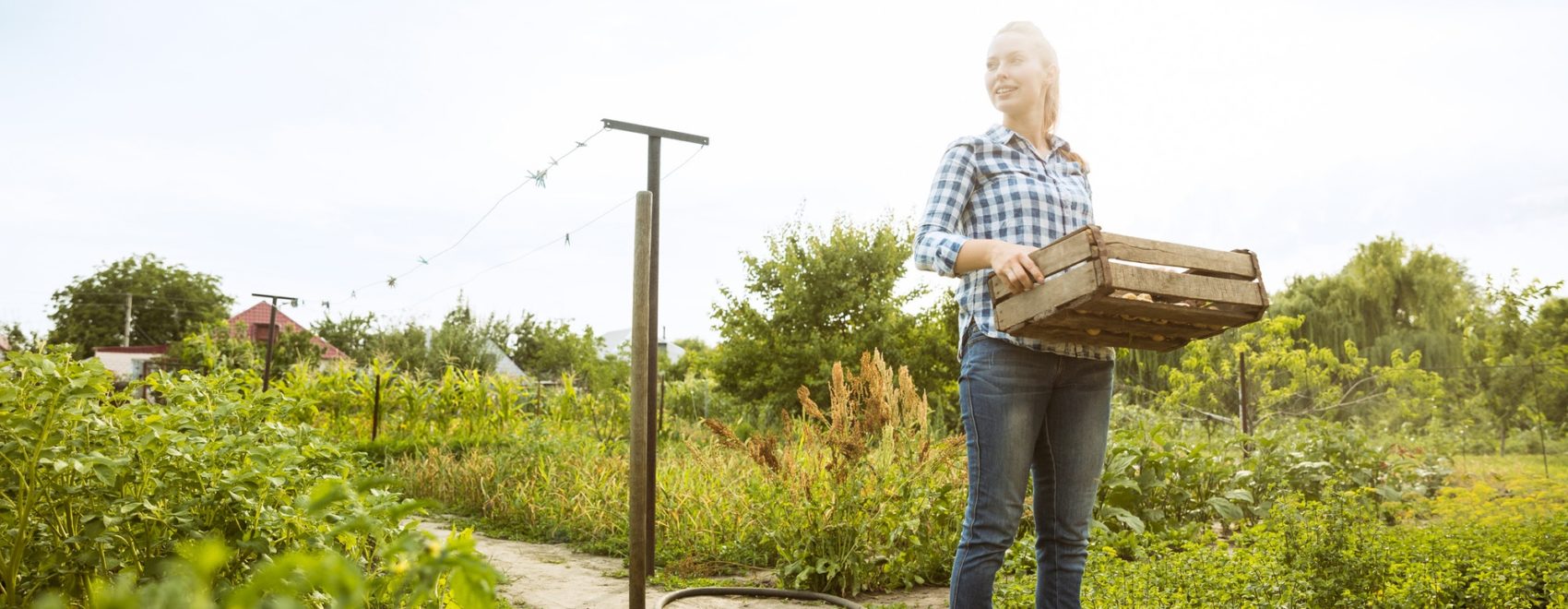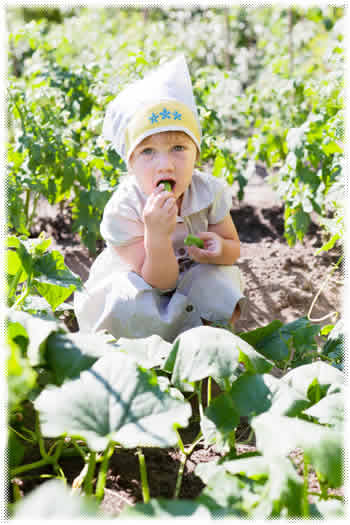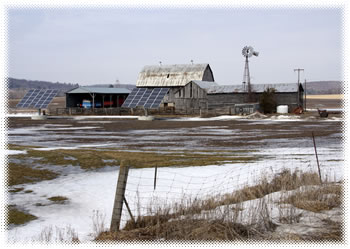So you might be wondering what kind of person decides to get back to the land and shoulder their own food responsibilities.
In a historical sense, the term was originally used for those tough pioneers who first came to settle the western United States. They were taking advantage of the government’s Homestead Act of 1862 where 160 acres of land would be freely given to anyone who applied for a parcel, built a home on it, improved the land, and farmed there for 5 years. These were the first homesteaders, and they knew how to grow and produce nearly everything they needed.
Today, the term has been revived to mean anyone who takes up the same lifestyle, though many modern homesteaders aren’t forced to start out on a huge and empty tract of land.
In some ways, modern-day homesteaders have a lot in common with the “hippie” movement of the 1970s. People who have gotten tired of a mainstream lifestyle filled with unhealthy processed foods and poorly made manufactured goods. These are people who want to be more responsible for their lives, and in control of their surroundings. They put higher value on sustainability and quality, as opposed to quantity (and convenience).
Another facet of homesteading is the desire for more space and privacy. Modern subdivisions are usually constructed of closely spaced houses that all look the same and there is very little freedom to use your house and property as you wish. The thought of driving by multiple strip shopping centers whenever they go anywhere is enough to convince some people that they would prefer a more rural setting.
Sometimes it’s just the whole idea of bucking the system and forging your own path even when everyone around you is heading another direction. The sense of rebellion is a bit appealing all on its own, not to mention that as a homesteader you can provide nearly everything you need. Knowing that you can provide for yourself and your family, even in times of economic downturns and upheaval, is reassuring.
Many homesteaders have fond memories of some point in their life when they spent time on a farm, or even just enjoyed the stories told by an older family member that lived in another era. These nostalgic feelings can gently nudge someone to want the same things for themselves and their families. Some folks have no past connection to farm-living whatsoever. And yet, they still feel the drawn to this lifestyle.
People who homestead are often concerned about the environment, and are trying to reduce their personal impact on the Earth by using more sustainable and natural methods to produce food and other products for their home. Many people do it as a way to save money by growing and canning their own food for personal use, and even to sell at farmer’s markets as an extra income stream. Some homesteaders are just creative people who get a lot of enjoyment working with their hands and prefer to make things on their own instead of buying.
And yet others have a rather different viewpoint on why they homestead. These are the “preppers” and they are concerned with being prepared for any potential situation. By having their own supplies of food, water, and fuel, they can be ready for anything on their homestead just in case these things are no longer available from the outside. Not all preppers and survivalists choose to homestead but this is one way to create a self-sustaining life for yourself that would stand against disaster, and not rely on the government or outside sources for food, water, and energy.
Continue Tutorial Below
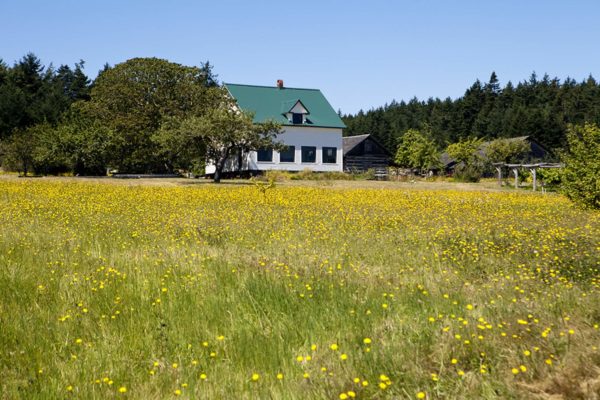
Read More
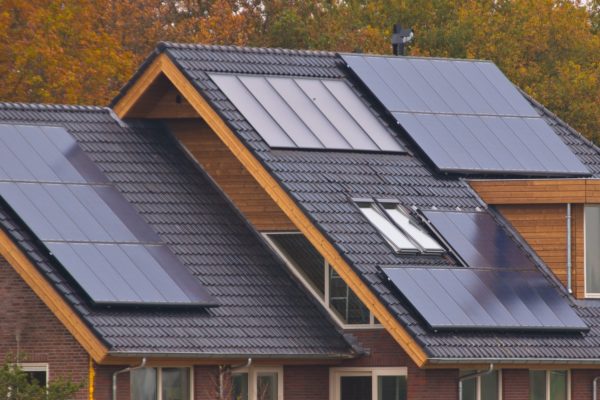
Read More
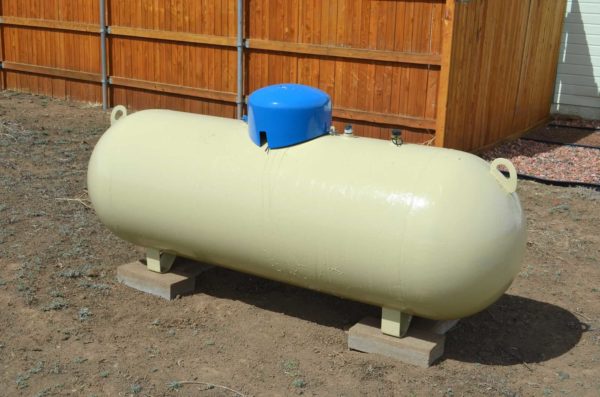
Read More
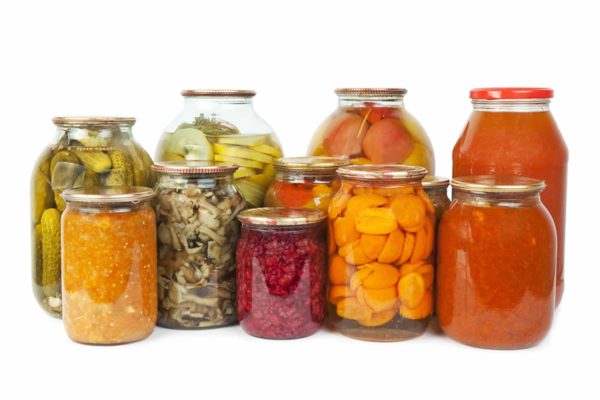
Read More
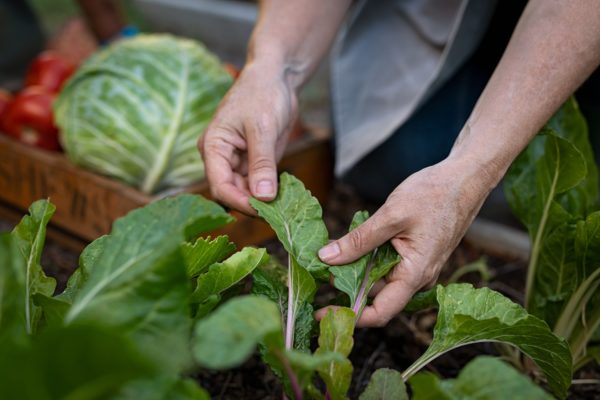
Read More
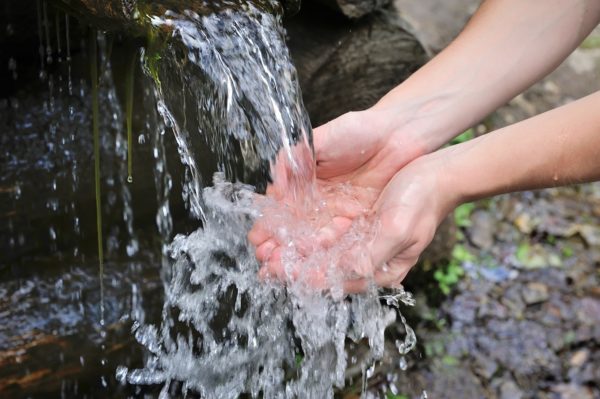
Read More

Read More
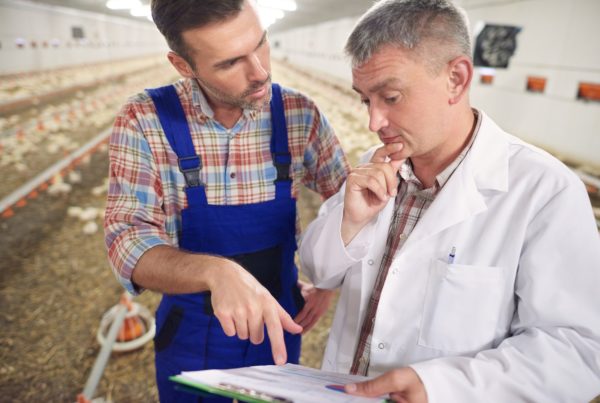
Read More
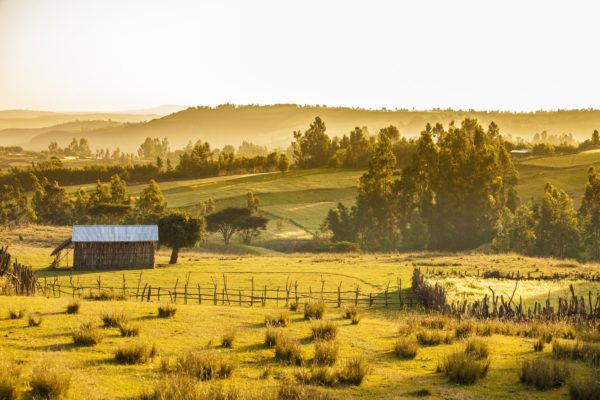
Read More
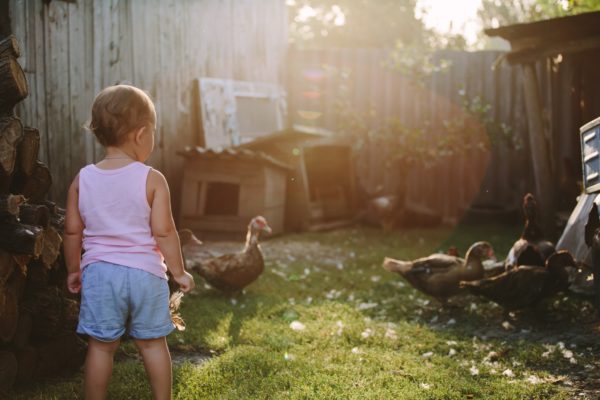
Read More
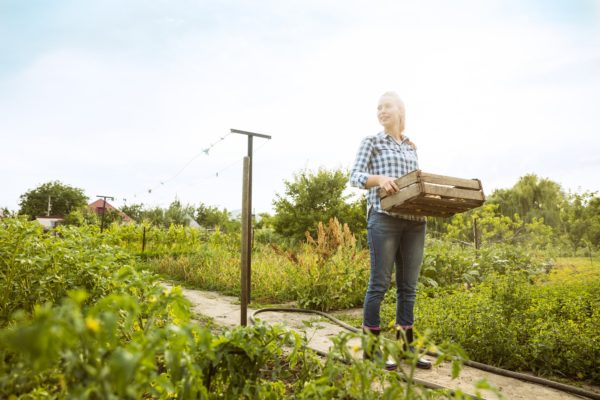
Read More

